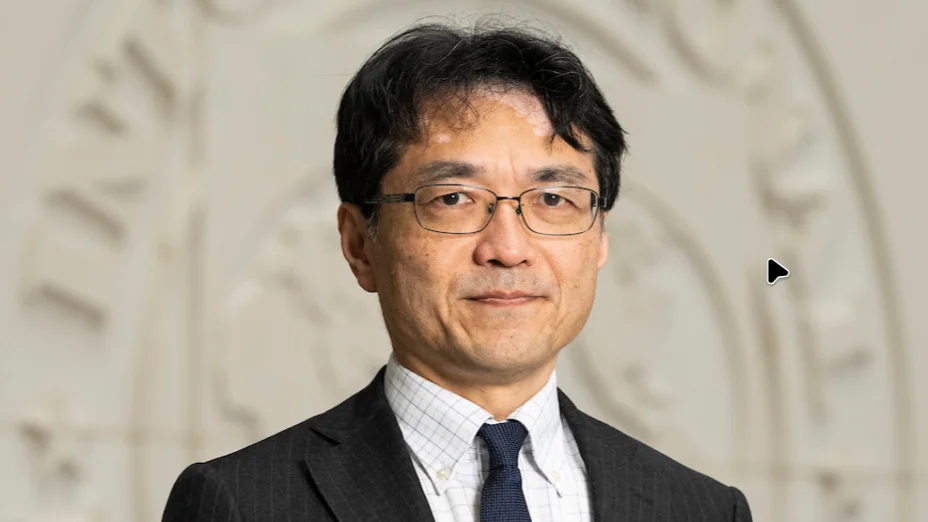The fourteenth IMF-Japan High-Level Tax Conference for Asian Countries opened today, focusing on how Asian governments can strengthen their economies by improving public spending and increasing domestic revenue. The event is co-hosted by the International Monetary Fund (IMF) and the Japanese Ministry of Finance.
In her opening remarks, the speaker thanked the Japanese Ministry of Finance for co-hosting the conference and acknowledged the support from Japan as well as assistance from colleagues in the IMF’s Fiscal Affairs Department and Regional Office for Asia and the Pacific.
She addressed the current state of the global economy, noting its resilience despite higher tariffs and policy changes. However, she cautioned that this resilience is due to temporary factors rather than strong fundamentals. "There are now signs of a slowdown," she said. She also highlighted concerns about rising debt risks amid already high debt levels, increased spending pressures from defense needs, demographic shifts, technological changes, and reduced aid flows to developing countries.
Turning to Asia, she stated that while near-term growth has been maintained despite trade tensions, challenges remain for many countries. These include high interest costs and refinancing needs that restrict development spending and efforts to build economic resilience.
"In today’s constrained fiscal environment, governments will need to deliver greater value for money. One way to achieve this is by improving the efficiency of public spending," she said. Although progress has been made since the 1980s, significant gaps in efficiency persist. She encouraged governments to focus spending on areas like public investment and education. The upcoming Fiscal Monitor at the Annual Meetings will provide further analysis on how better institutional frameworks and improved spending composition can drive growth.
Domestic revenue mobilization was described as essential for economic development through fair taxation policies. "Our forthcoming research shows there is a tipping point for the tax-to-GDP ratio. Countries need to target at least 15 percent of tax-to-GDP before economic growth increases, and government effectiveness and financial development improve. Below that, governments suffer from lack of state capacity to manage their economies and provide adequate public services," she explained.
The conference agenda includes discussions on effective revenue generation methods such as value-added tax design and administration, use of artificial intelligence in taxation, recent trends in international taxation and tax incentives, medium-term revenue strategies based on early adopters in Asia, and property taxes in the region.
Emphasizing peer learning among policymakers as a key benefit of the conference, she said: "The best part of this conference is that it is a peer-to-peer event. The exchange of experience provides a great opportunity to learn about successes and failures, and to build a professional network that fosters collaboration among policymakers. This is tremendously valuable to the IMF, as we share this knowledge with other countries in the world."
She also highlighted IMF’s ongoing support through regional centers located in Fiji, Thailand, India, China, Singapore, as well as its Regional Office for Asia and the Pacific based in Tokyo.
Concluding her remarks she said: "The IMF is here to help countries navigate the fiscal challenges ahead through tailored policy advice and capacity development. Working together, we can help our members improve tax policies, public spending, and revenue administration—all critical to rebuilding buffers and investing in our futures."

